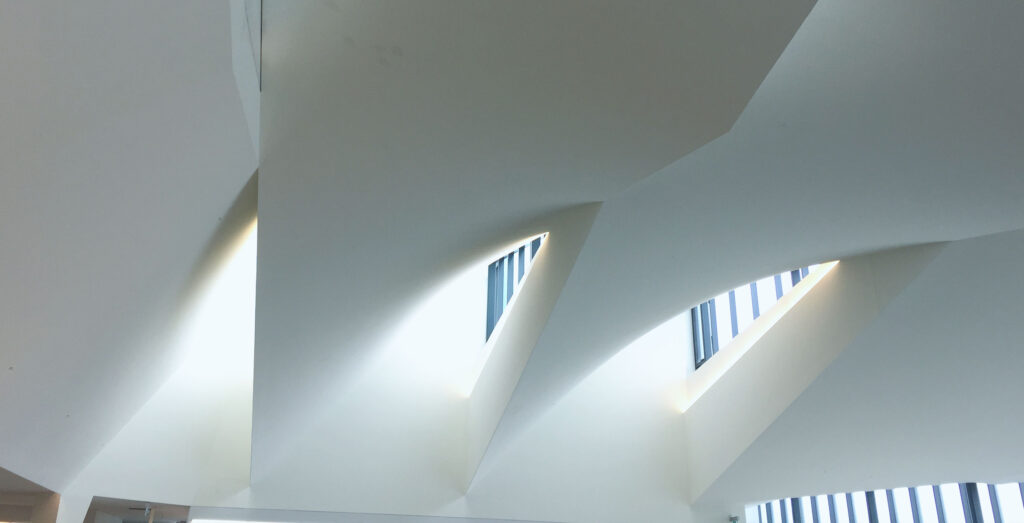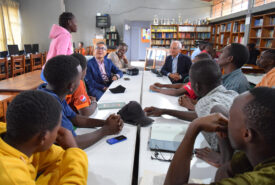Antisemitism is a pernicious and despicable form of racism – a growing concern in Canada and elsewhere. Sadly, university campuses are not immune. A recently published reflection on personal experiences of antisemitism by Ayelet Kuper, a physician and faculty member of the University of Toronto’s Temerty Faculty of Medicine, has reminded us of its presence on our campuses and in our partner hospitals. The article, published in the Canadian Medical Education Journal, described deeply troubling instances of age-old stereotypes about Jewish power and conspiracies that are still present in some of our learning spaces.
In responding to this challenge, universities have special responsibilities. First and foremost, we must condemn such behaviour. We must do all we can to ensure that everyone feels welcome on our campuses.
That is why we convened a working group of university colleagues with specialized expertise to examine the question of antisemitism in our midst and to recommend appropriate responses. We have accepted their recommendations and have trained our equity staff to address antisemitism, including it in our anti-racism training, education and outreach. We have also developed measures to address social exclusion, harassment, micro-aggressions and bullying directed at Jewish members of our community.
The Faculty of Medicine has led the way in embracing such actions on campus. The school has instituted learning modules, lectures and panels for all medical students to address lessons from the Holocaust and is ensuring that future practitioners are well grounded in the principles of anti-racism more broadly. Moreover, the faculty hosted a milestone event in September at which it formally apologized, alongside CEOs from our affiliated hospitals, for their historical practice of imposing quotas on the number of Jewish students and trainees. This apology was informed by detailed historical research commissioned by the faculty to document this regrettable chapter in our history.
At the same time, universities must also continue to be places where critical debate about contentious issues can take place. This includes both the right to call out antisemitism and the right to criticize the actions of the state of Israel. It is for this reason that our working group on antisemitism, after months of deliberation, recommended against adopting the working definition of antisemitism proposed by the International Holocaust Remembrance Alliance, as called for by some. Adopting a definition would mean, in effect, having the university take a position on issues that are properly debated by its researchers.
The working group concluded that the IHRA’s definition is both insufficiently responsive to many of the most troubling instances of antisemitism in the university context and in tension with the university as a place where difficult and controversial questions are addressed. Freedom of expression and academic freedom are individual rights. Protecting these freedoms is essential to our university’s mandate and mission of discovery, research and education, which can only thrive in an environment of free expression and critical inquiry. The remedy for dealing with controversial speech is more speech, not less.
The university is committed to doing everything we can to combat and eradicate antisemitism, just as we are committed to combatting all forms of racism on our campuses. I – and my predecessors in the president’s office – have issued statements over the years condemning antisemitism in the strongest possible terms. We have also gone beyond making statements, owning up to past injustices and taking concrete steps to address the scourge of antisemitism that I abhor and condemn. The university I lead is committed to doing more, for we know that the struggle against antisemitism is far from over.

